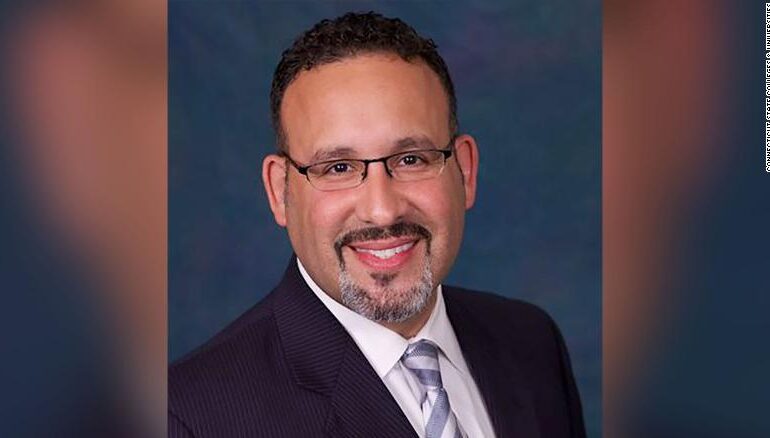WASHINGTON D.C. — The U.S. Department of Education has announced an expansion of the pause on federal student loan interest and collections.
The pause will impact all defaulted loans in the Federal Family Education Loan Program (FFEL) and is expected to help more than 1 million additional borrowers.
“At a time when many student loan borrowers have faced economic uncertainty, we’re ensuring that relief already provided to borrowers of loans held by the Department is available to more borrowers who need the same help so they can focus on meeting their basic needs,” Education Secretary Miguel Cardona said. “Our goal is to enable these borrowers who are struggling in default to get the same protections previously made available to tens of millions of other borrowers to help weather the uncertainty of the pandemic.”
Under the FFEL Program, private lenders made federal student loans to students and guaranty agencies insured the funds, which were reinsured by the federal government. After these loans enter default, they are transferred from the lender to the guaranty agency.
While some FFEL Program loans are held by the Department of Education because they were purchased by the federal government during the financial crisis in 2008, many others remain with private entities.
The Department of Education will expand the 0 percent interest rate and pause of collections activity to 1.14 million borrowers who have defaulted on privately-held FFEL Program loans, which will protect more than 800,000 borrowers who were at risk of having their federal tax refunds seized.
The relief will be made retroactive to March 13, 2020.
The Department of Education will also work to automatically return any tax refunds seized or wages garnished over the past year and borrowers who voluntarily made payments during the last year will have an option to request a refund.
Any loans that went into default after March 13, 2020 will also be returned to good standing as the guaranty agencies that hold these loans will assign them to the Department of Education and request that the credit bureaus remove the record of default.






Leave a Reply